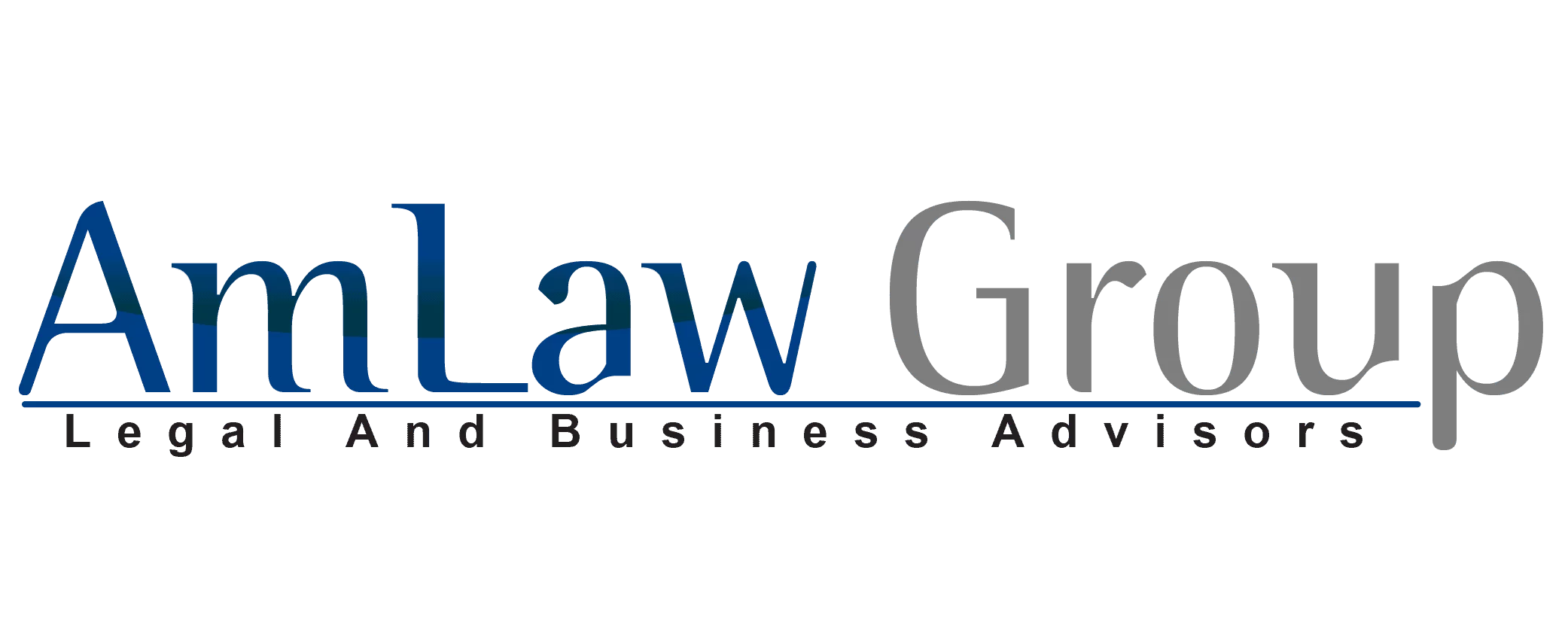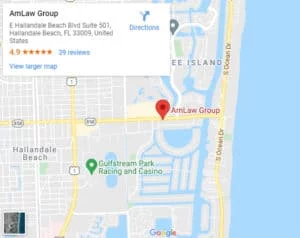EB-1 vs. EB-2: Which Employment-Based Visa Is For You?
Are you thinking of moving or working in the United States and eventually obtaining permanent residence status? For most immigrants, obtaining a green card equates to having the right to permanently live and work in the U.S., the ability to travel abroad and reenter, and being a step closer to attaining U.S. citizenship. However, immigration to the United States can prove to be challenging, which is why aspiring green cardholders opt to take the employment-based visa pathway.
There are different employment-based or “EB” visa types that a potential permanent resident can apply for, and this article will look closely at the differences between an EB-1A and an EB-2 National Interest Waiver or NIW visa.
Differences between an EB-1A and EB-2 Visa
Unlike the third, fourth, and fifth preference EB categories, immigrants applying under the first and second do not need a confirmed job offer from a U.S. company and thus make it easier to self-petition. However, there are critical differences between these immigrant visas that you should know to not affect your chances of petitioning for a green card.

However, if you are skilled but sees the EB-1 ability threshold as too high, the next best option is to apply for a national interest waiver under the EB-2 visa immigration category. This is reserved for foreign citizens with “exceptional ability”. If you can prove that your advanced degree is of national interest to the U.S., then you may be eligible for a national waiver which removes the need to go through the labor certification process.
Proof of Abilities. Foreign nationals seeking the first category may present their Nobel Prize award/s, major publications, or membership cards in prestigious associations. On the contrary, those falling under the second category should present their academic records and prove to be excellent in an area such as arts, medicine, business, or even athletics. If your work proposal has substantial merit, then the U.S. may give you a waiver for labor certification.
Ease of Qualifying. Perhaps the main drawback of EB-1 visas is the difficulty to be tagged as eligible. The USCIS uses discretion to select only the top percentile of applicants. If you think you could be considered as a worker with extraordinary ability, seek legal advice with an employment-based visa immigration attorney.
Processing Time. Since EB-1 visas are first priority and neither requires employers to send an offer of employment nor go through lengthy labor certifications, the visa application processing times are shorter than other categories. In addition, if you fill out the I-140 form, premium immigration processing may be applied to you. In contrast, priority dates for second preference visas may vary depending on the filer’s nationality and home country, and thus take longer than the prime category.
Get Help From Immigration Attorneys
Both types of visas discussed present unique advantages for immigration so long as you reach the high standards for approval. If you think that these categories are still unattainable, there are other visa options, such as an EB-5 business investor visa, which you can consider. An experienced immigration lawyer can help you evaluate which category you fit in and what supporting documents you will need for your visa to be approved.
At AmLaw Group, we are dedicated to helping immigrants go through the green card process, gain residency or citizenship, address family immigration concerns, or apply for adjustment of status. Our law firm’s attorneys have more than a decade of experience providing citizenship and immigration services and building personal relationships with clients. Let us help you get a green card through an employment-based immigrant visa.
Contact us today at (305) 509-6400 (Miami, FL), or (703) 260-6565 (Washington, D.C.) to schedule your free initial consultation.
Ask A Business Immigration Lawyer

Start your new future in the U.S. now!
Related Posts

Miami Office
AmLaw Group
1920 E Hallandale Beach Blvd Suite 709 Hallandale Beach, FL 33009
Copyright 2025 AmLaw Group - All Rights Reserved | Powered by Advantage Attorney Marketing & Cloud Solutions




